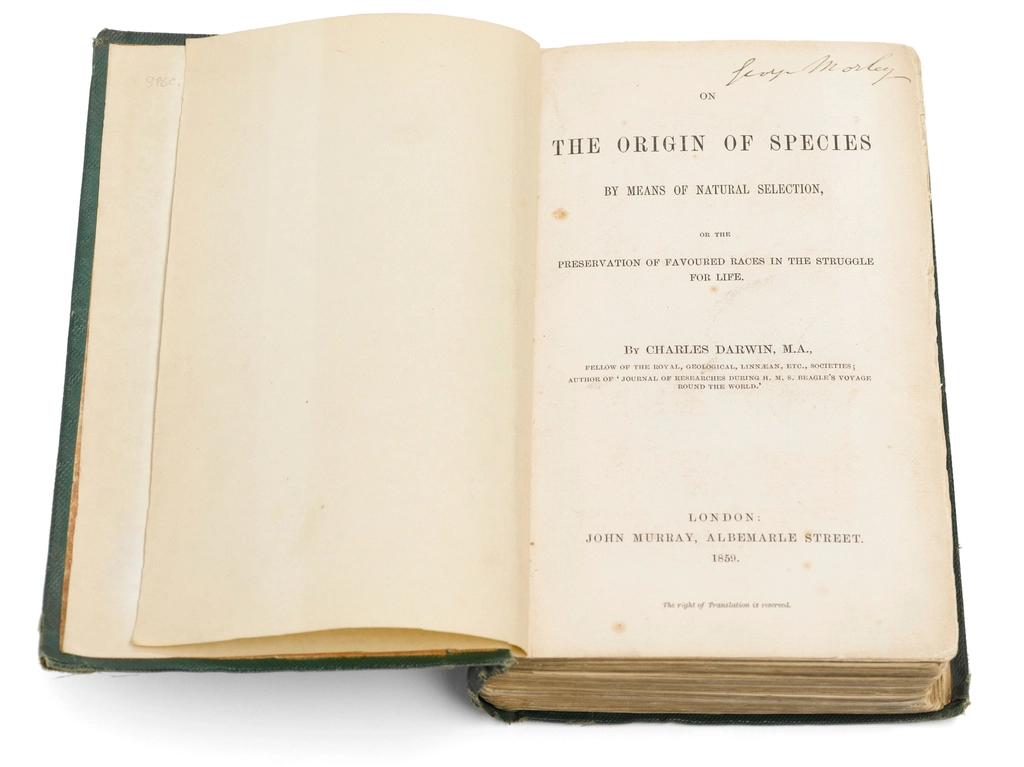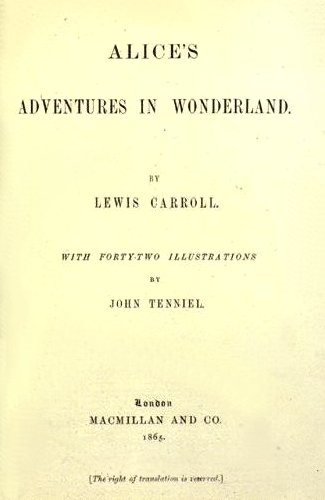The Bible

The Bible, a cornerstone of Western literature and thought, has paradoxically faced bans throughout history. During the medieval period, religious and political authorities feared its power to challenge their rule. They believed that too much access to the Bible would lead to dissent against their authority. In Communist states, the Bible was seen as a threat to socialist ideologies and thus, access was heavily restricted. Even today, some governments limit its distribution to maintain control over religious practices. These attempts to suppress the Bible highlight its profound influence on individuals and societies alike. The ongoing censorship of such a pivotal text underscores the tension between authority and personal belief systems.
The Qur’an

The Qur’an, the holy book of Islam, has not been immune to censorship and destruction. Throughout history, various governments have sought to suppress its influence. In some cases, this was driven by a desire to curb the spread of Islamic teachings that might challenge existing power structures. For instance, colonial regimes often targeted religious texts to weaken cultural resistance. Despite these efforts, the Qur’an has endured as a central text for millions of Muslims worldwide. Its resilience underscores its spiritual and cultural significance. The continued attempts to ban or restrict the Qur’an reflect ongoing struggles over religious freedoms and cultural identity.
The Communist Manifesto – Karl Marx & Friedrich Engels

Karl Marx and Friedrich Engels’ “The Communist Manifesto” is one of the most influential political documents ever written. Yet, it has faced bans in numerous countries, particularly in capitalist and anti-communist states. Governments feared its revolutionary ideas advocating for the overthrow of capitalist systems. During the Cold War, many Western countries viewed the book as a direct threat to their economic and political structures. Despite being over 170 years old, its call for proletarian revolution continues to resonate with individuals and movements worldwide. The manifesto’s enduring relevance lies in its critique of capitalism and advocacy for social and economic equality.
On the Origin of Species – Charles Darwin

Charles Darwin’s “On the Origin of Species” revolutionized the way we understand the natural world. However, its groundbreaking ideas on evolution faced significant backlash, particularly from religious institutions. Many feared it undermined creationist beliefs and posed a threat to established religious doctrines. As a result, the book was banned in various countries, including Greece and Yugoslavia. Despite the controversy, Darwin’s work has become a cornerstone of modern biology. The ongoing debates surrounding evolution highlight the tension between scientific inquiry and religious belief. Darwin’s legacy endures, challenging us to rethink our understanding of life’s complexities.
Ulysses – James Joyce

James Joyce’s “Ulysses” is celebrated as one of the greatest novels of the 20th century, yet it was not always held in such high regard. Upon its release, it was considered obscene due to its explicit language and sexual content. Banned in both the U.S. and the UK, the novel faced legal battles that questioned the boundaries of art and obscenity. Landmark rulings eventually deemed it a work of art, paving the way for greater freedom of expression in literature. Joyce’s modernist masterpiece continues to challenge readers with its innovative style and complex themes. The novel’s history of censorship underscores the evolving nature of literary standards and societal norms.
Brave New World – Aldous Huxley

Aldous Huxley’s “Brave New World” presents a dystopian vision of the future that has prompted bans in many countries and U.S. school districts. Critics objected to its portrayal of drug use, sexual promiscuity, and perceived anti-religious themes. The novel explores the dangers of state control and technological advancements at the cost of individuality and freedom. Despite the controversy, “Brave New World” remains a powerful critique of societal complacency and the pursuit of happiness through artificial means. Huxley’s work continues to provoke thought and debate about the ethical implications of scientific progress and government control.
1984 – George Orwell

George Orwell’s “1984” is a chilling portrayal of a totalitarian regime where government surveillance and thought control are the norm. Totalitarian regimes, including the Soviet Union, feared its critique and sought to suppress its influence. The novel’s depiction of a dystopian future resonated with readers and critics alike, highlighting the dangers of unchecked power. Despite its bleak vision, “1984” has become a symbol of resistance against authoritarianism. Orwell’s work continues to serve as a cautionary tale, reminding us of the importance of protecting individual freedoms and privacy. The novel’s enduring relevance underscores the timeless struggle for liberty and truth.
The Satanic Verses – Salman Rushdie

Salman Rushdie’s “The Satanic Verses” ignited a firestorm of controversy upon its release. Many Islamic countries, including Iran, deemed it blasphemous, leading to book bans and even a fatwa calling for Rushdie’s death. The book’s exploration of religious themes and perceived irreverence towards Islam sparked outrage and protests worldwide. Despite the backlash, Rushdie’s work has been defended as a testament to the importance of free expression and artistic freedom. The controversy surrounding “The Satanic Verses” highlights the delicate balance between religious sensitivity and creative exploration. Rushdie’s novel remains a powerful reminder of the complexities of cultural and religious identity.
The Catcher in the Rye – J.D. Salinger

J.D. Salinger’s “The Catcher in the Rye” has been both celebrated and censored for its frank portrayal of teenage angst and rebellion. Schools and conservative groups banned it for its profanity, sexual themes, and supposed influence on rebellious youth. Despite the controversy, the novel has resonated with generations of readers, capturing the complexities of adolescence and identity. Holden Caulfield, the novel’s protagonist, remains an iconic figure for those navigating the challenges of growing up. Salinger’s work continues to spark debate about the boundaries of appropriate content for young readers. The novel’s enduring appeal lies in its honest depiction of the human experience.
To Kill a Mockingbird – Harper Lee

Harper Lee’s “To Kill a Mockingbird” is a beloved classic that has faced censorship for its racial themes, offensive language, and challenge to segregationist ideas in the U.S. The novel’s exploration of racial injustice and moral growth has made it a staple in literature classes, yet it has been challenged for its portrayal of racial slurs and sensitive topics. Despite the bans, Lee’s work has inspired conversations about empathy, justice, and the human condition. The novel’s impact is evident in its continued relevance and ability to foster dialogue on important social issues. “To Kill a Mockingbird” remains a testament to the power of storytelling to effect change.
Fahrenheit 451 – Ray Bradbury

Ray Bradbury’s “Fahrenheit 451” is a dystopian novel about a future where books are banned and burned to suppress dissenting ideas. Ironically, the book itself has faced bans for its anti-censorship message and perceived political themes. Bradbury’s work explores the consequences of a society that values conformity over intellectual freedom. The novel’s depiction of a world without literature serves as a warning against the dangers of censorship and the loss of critical thought. Despite the challenges, “Fahrenheit 451” remains a powerful reminder of the importance of preserving the freedom to read and think independently. Bradbury’s vision continues to inspire readers to question and challenge the status quo.
The Grapes of Wrath – John Steinbeck

John Steinbeck’s “The Grapes of Wrath” is a poignant portrayal of poverty, worker exploitation, and the struggles of the Great Depression. The novel faced criticism and bans in the U.S. for its depiction of social injustices and critiques of capitalism. Steinbeck’s work highlights the resilience of the human spirit in the face of adversity and the need for compassion and solidarity. Despite the controversy, “The Grapes of Wrath” has become a classic of American literature, shedding light on the plight of marginalized communities. The novel’s enduring impact lies in its ability to evoke empathy and inspire social change.
Lolita – Vladimir Nabokov
Vladimir Nabokov’s “Lolita” is a controversial novel that has faced bans for its disturbing themes of child exploitation and sexuality. Critics have condemned its portrayal of an inappropriate relationship, leading to censorship in various countries. Despite the controversy, Nabokov’s work is often lauded for its linguistic artistry and narrative complexity. “Lolita” challenges readers to grapple with uncomfortable truths and moral ambiguities. The novel’s enduring legacy lies in its ability to provoke introspection and debate about the nature of desire and power. Nabokov’s controversial masterpiece continues to captivate and challenge audiences worldwide.
The Harry Potter Series – J.K. Rowling

J.K. Rowling’s “Harry Potter” series has captured the imaginations of millions, yet it has faced bans from religious groups and schools. Critics accused the books of promoting witchcraft and occultism, leading to challenges in various communities. Despite the controversy, the series has become a cultural phenomenon, inspiring a new generation of readers. Rowling’s work explores themes of friendship, courage, and the triumph of good over evil. The “Harry Potter” series’ enduring popularity highlights the power of storytelling to transcend cultural and ideological boundaries. The books continue to inspire discussions about morality, identity, and the nature of heroism.
Alice’s Adventures in Wonderland – Lewis Carroll

Lewis Carroll’s “Alice’s Adventures in Wonderland” is a whimsical tale that has delighted readers for generations. However, some Chinese provinces banned it because talking animals were seen as a threat to human superiority. Carroll’s work challenges conventions and invites readers to question the boundaries of logic and reality. Despite the bans, “Alice’s Adventures in Wonderland” has become a beloved classic, celebrated for its imaginative storytelling and playful language. The novel’s enduring appeal lies in its ability to spark curiosity and wonder. Carroll’s work continues to enchant readers of all ages, reminding us of the importance of imagination and creativity.
- The Most Banned Books in History—And Why People Feared Them - October 8, 2025
- The 28 Greatest Voices in Music History—From Soul to Rock - April 10, 2025

